Introduction
The Japanese Chin is a small, elegant, and playful dog breed
- Known for its charming personality, it’s a great choice for families
- This breed is highly adaptable to various living environments
- Their friendly nature often makes them a good companion for children
- However, it's essential to understand their temperament with kids
- This article analyzes if the Chin is the right family-friendly pet
1. Temperament

The Chin is known for its calm and friendly demeanor.
- Gentle Nature: They tend to be gentle with both adults and children
- Affectionate: This breed enjoys close bonding with family members
- Playful Personality: Despite their calm nature, they love to play
- Alertness: They are observant and aware of their surroundings
- Intelligent: They are quick to learn commands and tricks
- Loyal Companion: They form strong attachments to their families
- Good With Other Pets: They generally get along well with other pets
- Quiet Demeanor: This breed isn't known for excessive barking
2. Interaction With Kids

Their small size and temperament suit households with gentle children.
- Patient With Children: They are usually tolerant of kids' behavior
- Size Sensitivity: Due to their size, rough play can harm them
- Supervised Play: It's crucial to monitor their interaction with kids
- Not Overly Rough: They are best for homes with calm, respectful kids
- Affectionate Toward Kids: They form bonds with children in the family
- Tendency to Avoid Rough Play: They may walk away from roughhousing
- Children's Age Matters: Best suited for homes with older, gentle kids
- Avoid Sudden Moves: They are startled by sudden movements or loud noise
3. Energy Levels
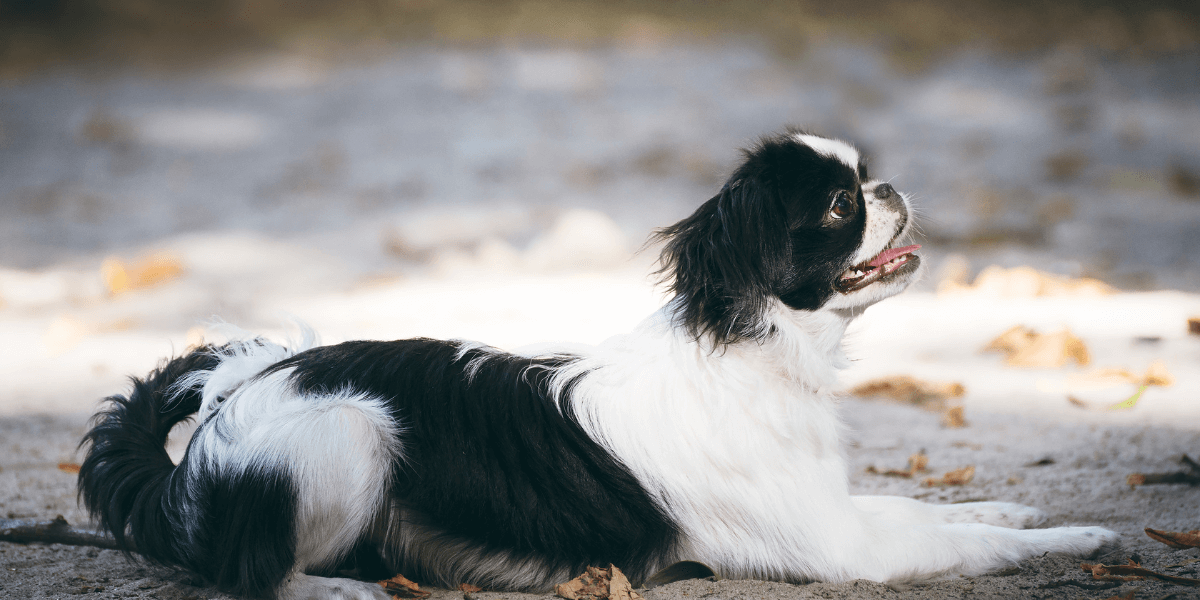
They have moderate energy levels, which is ideal for relaxed families.
- Playful Yet Calm: They enjoy playtime but have calm, quiet moments
- Not High-Energy: Perfect for families that prefer a less energetic dog
- Short Play Sessions: They prefer short bursts of activity, then resting
- Indoor Activity: This breed is content with indoor play or brief walks
- Not a High Stamina Breed: They don't need long exercise routines
- Perfect for Apartments: Their energy level suits smaller living spaces
- Adapts to Family Energy: They can match the activity level of the home
- Moderate Activity Needs: They benefit from short daily play sessions
4. Training and Obedience
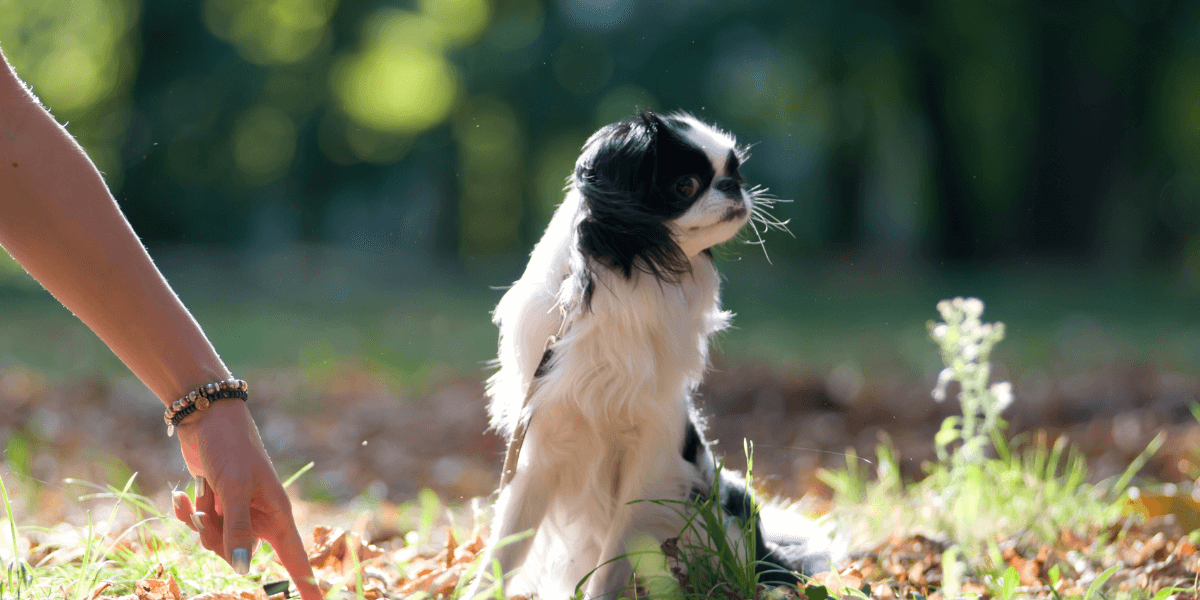
They respond well to positive reinforcement and gentle guidance.
- Easily Trainable: Japanese Chin are intelligent and quick to learn
- Responsive to Praise: Positive reinforcement works best for this breed
- House Training: Can be trained easily, but patience is required
- Not Stubborn: Unlike some small breeds, they aren't typically stubborn
- Sensitive to Tone: Responds poorly to harsh training methods
- Obedience Classes: Beneficial for establishing good behavior early
- Socialization Helps: Early exposure to different people aids behavior
- Leash Training: Needs gentle leash training for outdoor walks
Discover effective training techniques to raise a well-behaved Japanese Chin, inspired by methods used for Labrador Retriever.
5. Grooming Needs
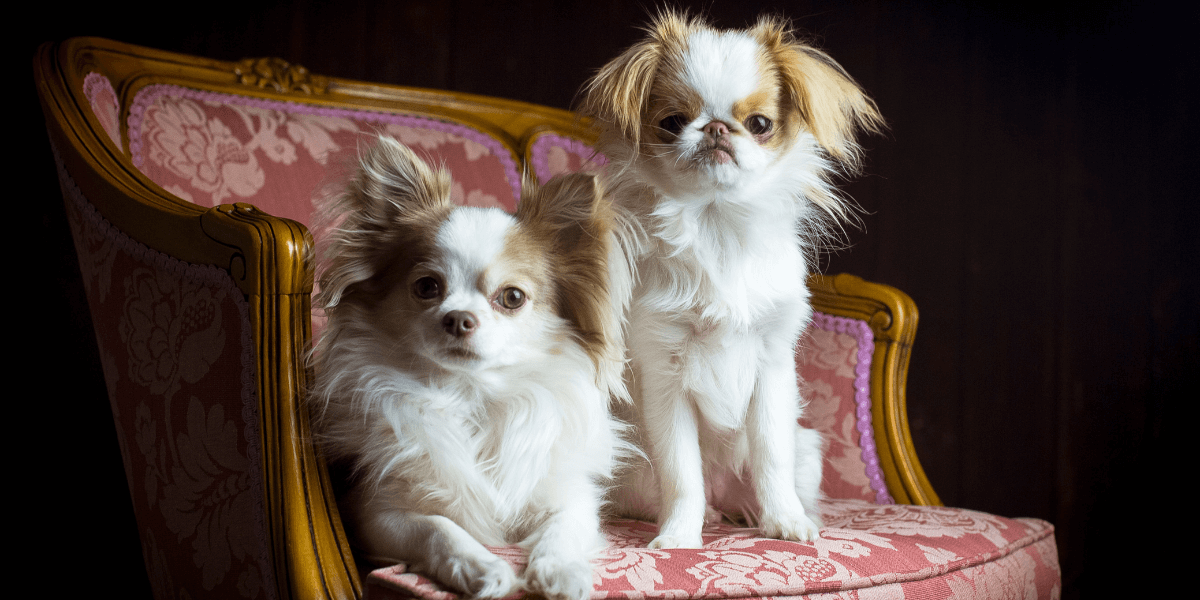
Regular grooming is essential to maintain their beautiful coat.
- Moderate Grooming: Their coat requires regular but not excessive care
- Brushing Frequency: Needs brushing several times a week to prevent mats
- Shedding Level: They shed moderately, so regular grooming helps
- Bathing: Should be bathed every few weeks to keep their coat clean
- Nail Trimming: Regular nail care is essential to prevent overgrowth
- Ear Cleaning: Check and clean their ears to avoid infections
- Teeth Care: Regular brushing helps maintain dental hygiene
- Coat Health: A well-groomed coat keeps them looking their best
6. Health Concerns
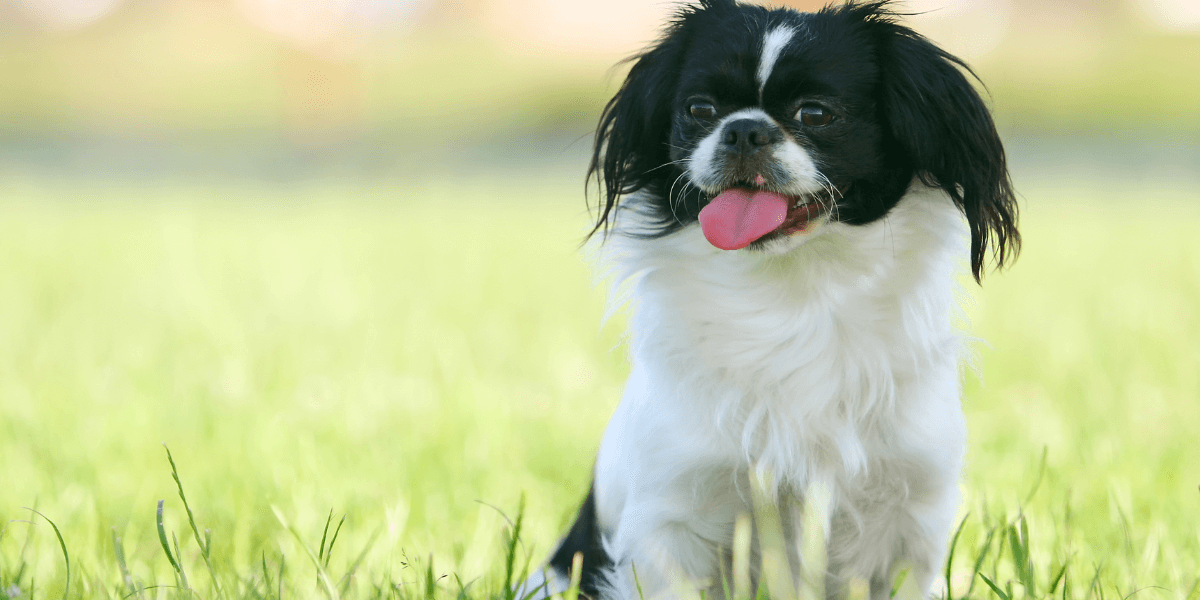
Like all breeds, the Japanese Chin is prone to certain health issues.
- Eye Problems: They are prone to eye injuries due to their facial shape
- Respiratory Issues: Their flat face makes them prone to breathing problems
- Joint Concerns: Prone to patellar luxation, a knee joint issue
- Heart Problems: They can develop mitral valve disease as they age
- Weight Management: It's important to avoid overfeeding this small breed
- Regular Vet Checkups: Ensure early detection of any potential issues
- Dental Problems: Small dogs often have dental concerns that need attention
- Heat Sensitivity: They don't handle extreme heat well due to their flat face
Learn about common health concerns in Japanese Chins and how they compare to issues faced by Dogue de Bordeaux.
7. Adaptability
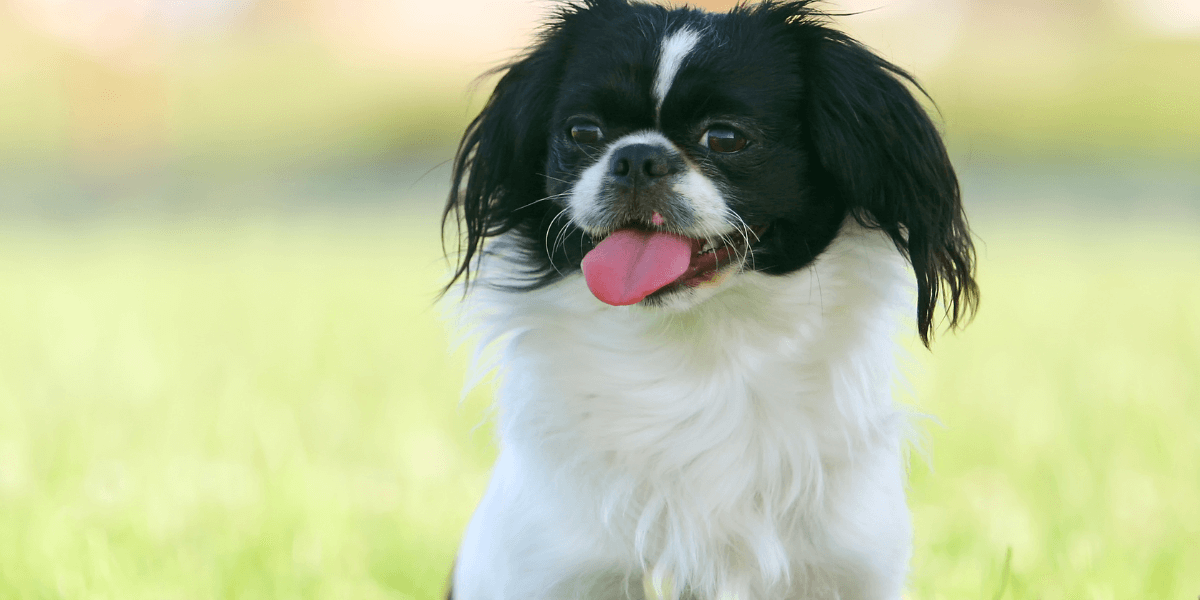
This breed easily adapts to different lifestyles and environments.
- Apartment Living: They thrive in smaller homes and apartments
- Adapts to Family Routine: Fits into various family routines with ease
- Travel-Friendly: Small size makes them easy to travel with
- Low Exercise Needs: They don't require extensive outdoor activities
- Weather Sensitivity: They are sensitive to both hot and cold temperatures
- Independent Yet Loving: They enjoy family time but can also relax alone
- Quiet Home Life: They prefer calm households without too much chaos
- Suitable for First-Time Owners: Their easygoing nature makes them ideal
Explore how Japanese Chins adapt to family life, similar to Shiba Inu's interactions with kids and other pets.
FAQs
1. Are Japanese Chin good with younger kids?
- Yes, but supervision is required due to their small size and fragility
2. How much exercise does a Japanese Chin need?
- They need moderate exercise, like short play sessions or walks daily
3. Do Japanese Chin shed a lot?
- They shed moderately, but regular brushing helps control the shedding
4. How easy are Japanese Chin to train?
- They are intelligent and respond well to positive reinforcement
5. Can Japanese Chin live in apartments?
- Yes, their size and low exercise needs make them perfect for apartment living
6. Are Japanese Chin prone to health issues?
- Yes, they can have eye, respiratory, and joint problems common to the breed
7. Do Japanese Chin get along with other pets?
- Generally, yes, they tend to get along well with other pets in the home
Conclusion
- Japanese Chin make gentle, loving companions for families
- They are best suited for homes with calm, older children
- With proper care, they adapt well to apartment living
- Regular grooming and vet visits are essential for their health
- Their affectionate nature brings joy to many family homes
- Consider adding a Japanese Chin if you're seeking a calm, family-friendly dog




